Do you know what are the most hazardous human foods for your four-legged pal?
When you see your dog giving you a sad little look while standing near the dinner table, you could be inclined to slip your furry friend a bit of your food. Sharing food with your dog may appear reasonably harmless. Still, beyond stimulating bad begging habits and even putting on weight, you could essentially be putting your dog's general health and life in danger.
There are a variety of foods and ingredients eaten by humans daily, such as chocolate, milk and garlic that can induce severe toxic reactions in pets. We want to take particular notice at the ones that can be most hazardous to your four-legged pal.

Unsafe Human Food for Dogs
Alcohol - Alcohol can result in not just intoxication, loss of coordination, weak breathing, and irregular acidity, but possibly even coma or death.
Apple Seeds - Apple seeds are harmful to a dog as they contain a natural chemical that releases cyanide when consumed. So, make sure to core and seed apples before you give them to your pooch.
Avocado - Avocados have Persin, which can cause diarrhoea, nausea, and heart congestion.

Baby food - Baby food alone isn't bad; make sure it doesn't contain any onion powder.
Bones - The risk with bones isn't the dietary content, nor is it always the danger of choking. Instead, you have to be careful with bones from meat sources like chicken and fish since they may damage your dog's digestive tract once the bones splinter inside the body.
Candy and Gum - Besides candy contain sugar; it often has Xylitol, which can result in the over-release of insulin, kidney failure, and worse, death.

Cat food - Not that the dog would want this at any rate, but cat food has proteins and fats which are directed at the diet of a cat, NOT a dog. The protein and fat levels in cat food are far too high for your pooch, thus rendering it unhealthy for dogs.
Chocolate - You've probably heard this before, but chocolate is a DEFINITE NO-NO for dogs. And it's not only about caffeine, which is more than enough to cause harm to your dog alone. Theobromine and theophylline, result in panting, vomiting, and diarrhoea. Furthermore, chocolate can impair your dog's heart and nervous systems.
Coffee - The information and rules here are pretty much the same with the info and rules against chocolate. Cofee is poison for your dog if consumed.

Citrus Oil Extracts - Leads to vomiting.
Corn on the cob - This is a guaranteed method of getting your dog's intestine obstructed. The corn is digested, but the cob gets stuck in the small intestine, and if it's not taken out surgically, can be fatal to your dog. Furthermore, excessive corn kernels can distress the digestive tract too.
Fat trimmings - Leads to pancreatitis.
Fish - The principal fish you need to be cautious of are salmon and trout. Raw salmon can be deadly to dogs if the fish is contaminated with a parasite. However, cooked salmon is okay. Raw fish - Yet another vitamin B (Thiamine) deficit might result from the regular ingestion of raw fish. Appetite loss will be prevalent, accompanied by seizures, and in exceptional instances, death.

Grapes and Raisins - This is one that several dog owners do not know. Grapes have a toxin that leads to severe liver damage and kidney failure.
Human vitamins - Some human vitamins are acceptable to use, but the important thing is assessing the ingredients (every one of the - active and inactive) to the vitamins your vet registers for your dog. Make sure there's no iron, as this can harm the digestive system lining, and turn out to be toxic for the liver and kidneys.
Liver - Prevent feeding too much liver to your pooch. Liver contains a substantial amount of Vitamin A, which can detrimentally affect your pup's muscles and bones.

Macadamia nuts - These have a toxin that can slow down locomotory activities, leading to weakness, panting, swollen limbs, and tremors along with possible injury to your dog's digestive, nervous, and muscle systems.
Milk and Dairy Products - While small doses aren't likely to kill your dog, you might get some awful cases of diarrhoea. Why? Dogs are lactose-intolerant and don't have sufficient of the lactase enzyme to digest dairy foods effectively. If you need to give them dairy, consider lactose-free products or specific dog formulated dairy products.

Mushrooms - Just like the wrong fungus can be deadly to humans; the same pertains to dogs.
Onions, Garlic, and Chives - Regardless of what form they're in (dry, raw, cooked, powder, within other foods), onions and garlic (particularly onions) are among the absolute worst foods you give your pup.
Tomato leaves - These contain oxalates that can detrimentally impact the digestive, nervous, and urinary systems.

Salt - Much like salt isn't the healthiest item for people; it's the same for canines. An excessive amount of it can result in an imbalance in electrolyte levels, dehydration and possibly diarrhoea.
Sugar - This applies to any food that contains sugar. Make sure you confirm the ingredient label for human foods - corn syrup can be found in just about everything nowadays. An excessive amount of sugar for your dog can result in dental issues, obesity, and sometimes diabetes.
Tobacco - Very hazardous. The consequences nicotine has on dogs are considerably worse than on humans. Nicotine damages your pup's digestive and nervous systems, boost their heart rate, make them faint, and eventually lead to death.

Xylitol - A sugar alcohol present in gum, candies, baked goods, and other sugar-substituted products, Xylitol, while triggering no apparent injury to humans, is incredibly toxic to canines. Even a small amount leads to low blood sugar, convulsions, liver failure, also fatality for your pooch.
Yeast (by itself or in dough) - Much like yeast rises in bread, it will likewise expand and rise inside your pup's tummy. Make sure they don't get any. While mild cases will result in gas and distress - an excessive amount of it may rupture their stomach and intestines.
Sweetie Tip: When In Doubt, Ask the Vet

If your pooch is behaving oddly, or suffering from even minor signs such as weakness, lack of coordination, nausea, diarrhoea, etc. and you think he may have eaten something he shouldn't have, go to the vet right away. If you wait a long time, your pet may not make it. ![]()
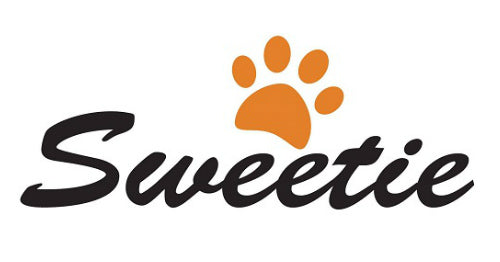
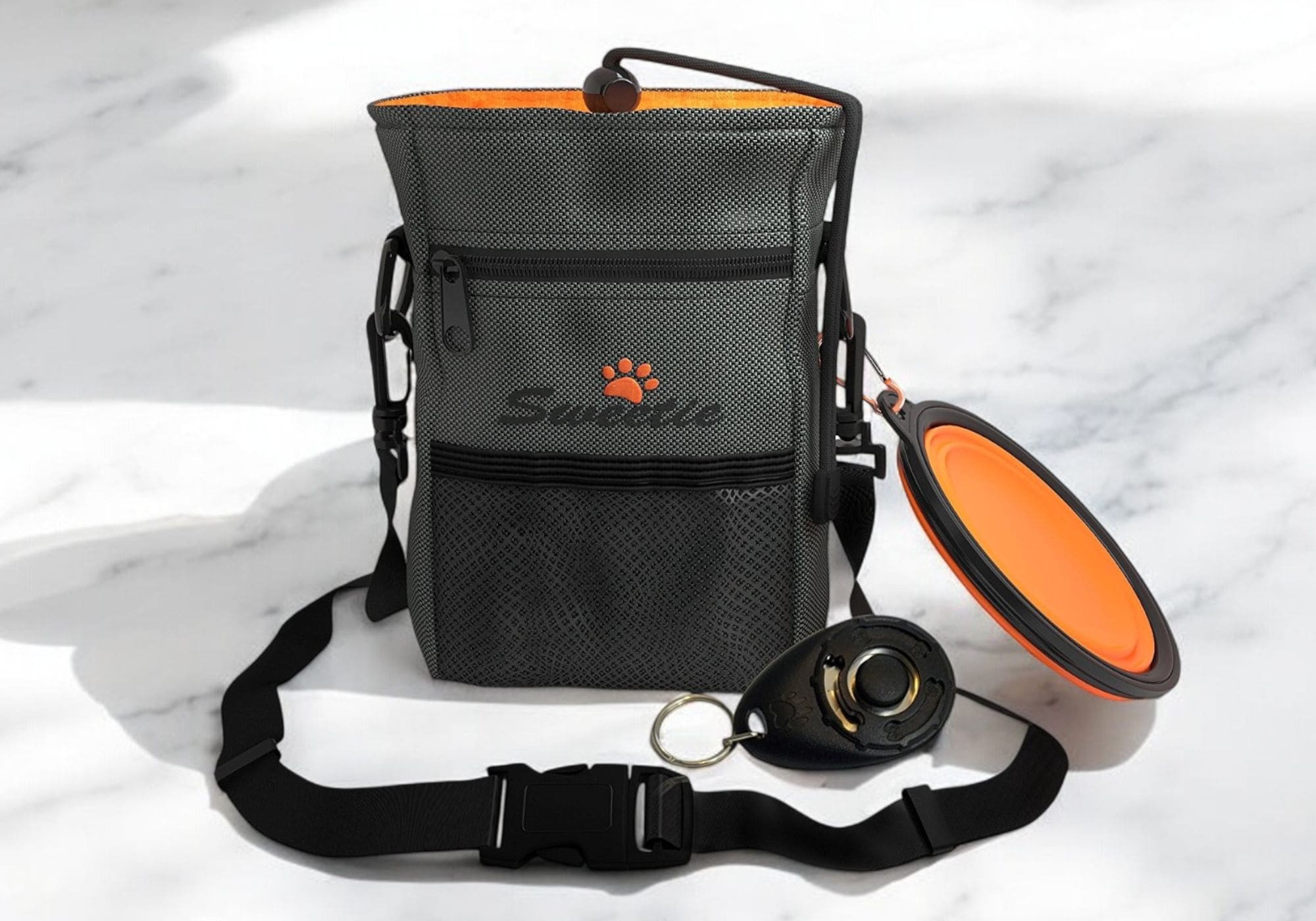

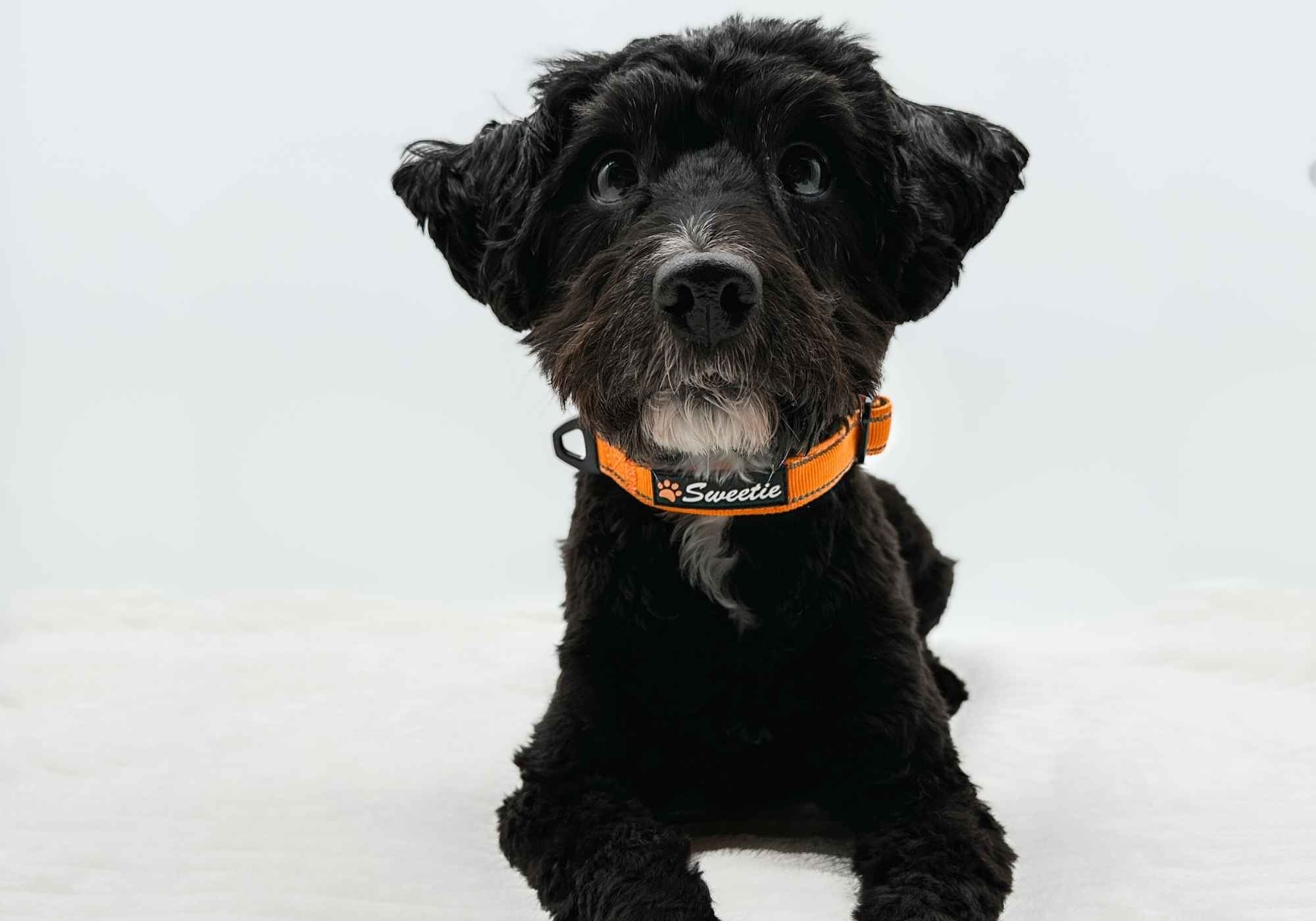
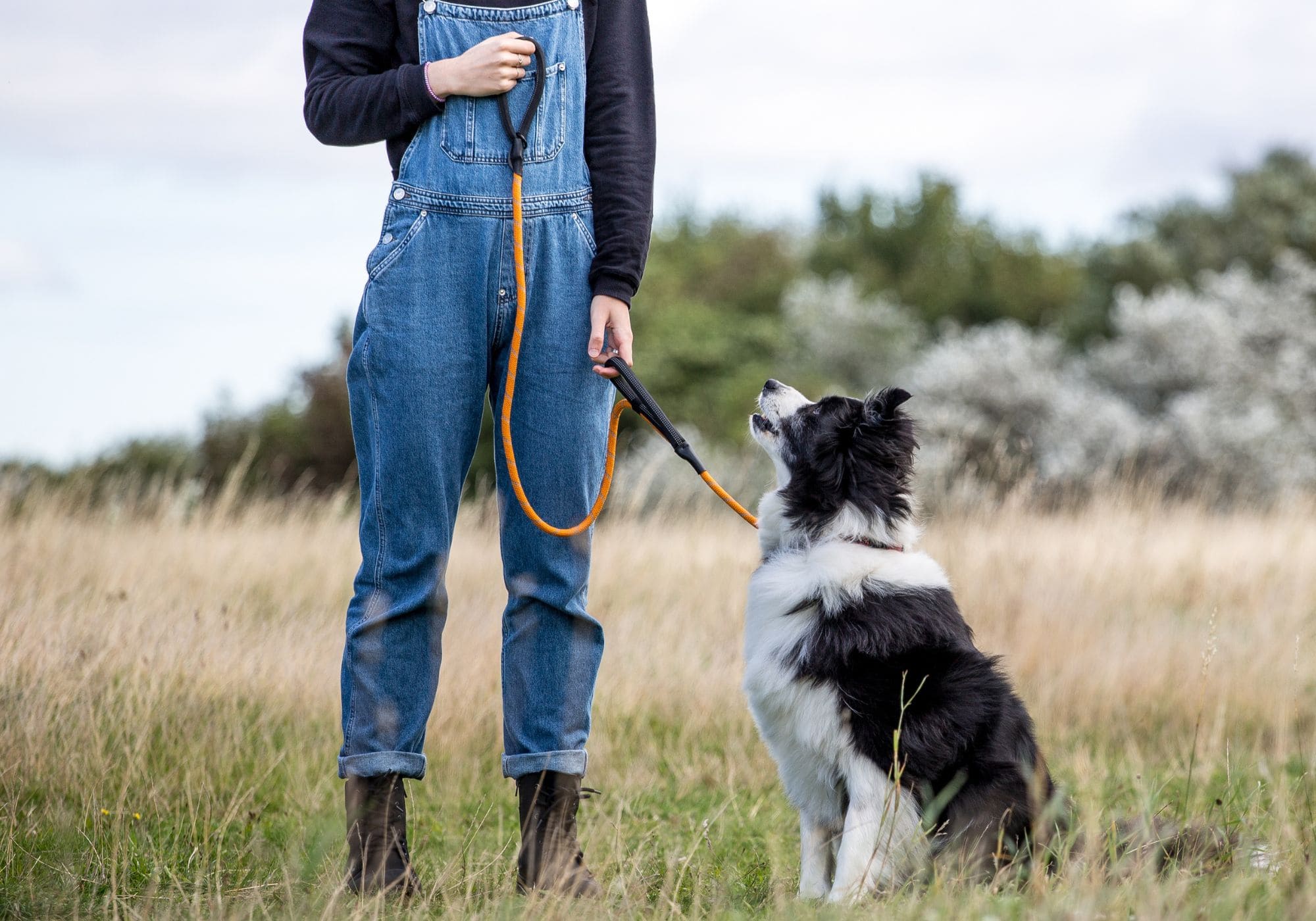
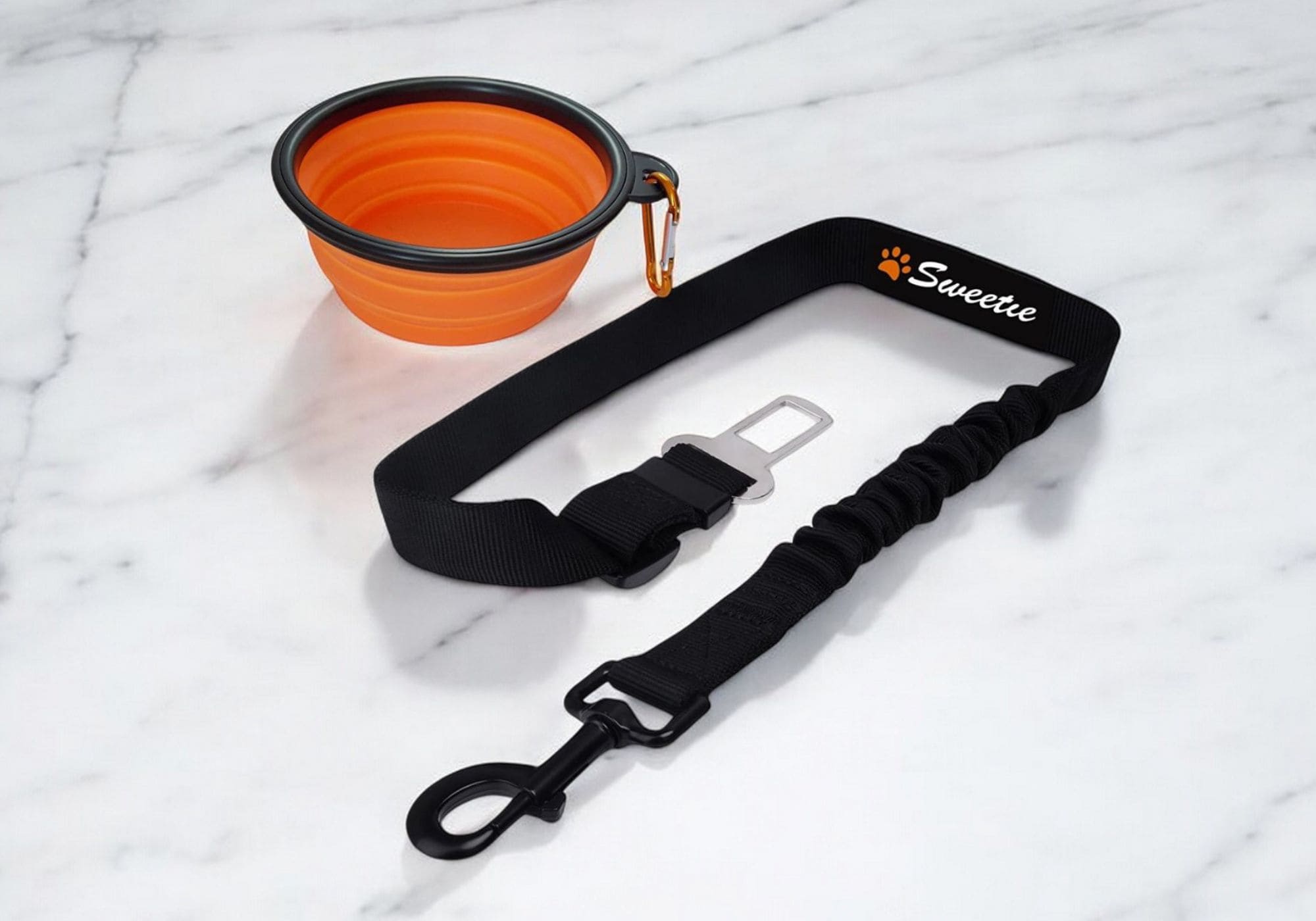
Leave a comment